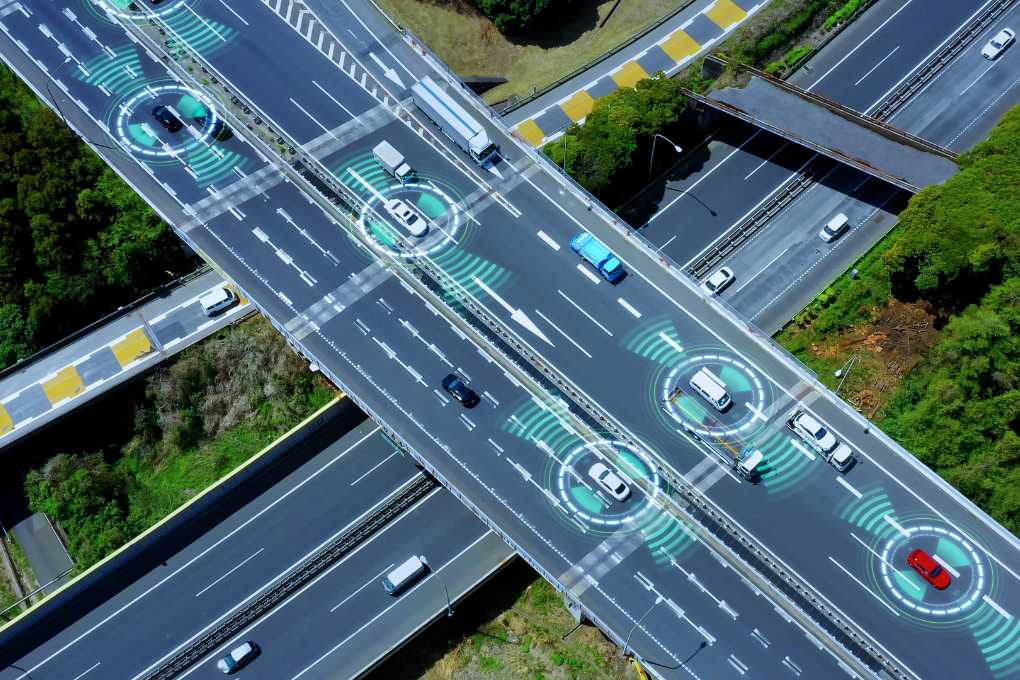Smart city technology is revolutionizing urban living, offering many advantages that improve residents’ quality of life. From efficient transportation systems to energy solutions that reduce costs for energy production, smart cities use advanced technologies to foster safer, more connected, and eco-friendly urban environments.

Effective Transportation Systems
One key way smart city technology is helping improve the quality of life is through efficient transportation systems. Smart cities use real-time data analytics to optimize traffic flow, reduce congestion, and enhance public transport services, saving commuters time and frustration while lowering carbon emissions and improving air quality.

Sustainable Energy Solutions
Smart city technology is leading the way in providing sustainable energy solutions. From smart grids that optimize energy distribution to renewable sources like solar panels and wind turbines, smart cities are leading by example in adopting renewable solutions that benefit the environment and save residents money on their energy bills.

Improved Safety and Security Features
Smart cities use advanced technologies such as surveillance cameras, sensors, and data analytics to enhance resident safety and security. These systems can detect emergencies more quickly; monitor public spaces for criminal activity; provide real-time alerts to law enforcement, give residents peace of mind, and help reduce crime rates.
Smart City Technology Improves Public Services
Smart city technology is revolutionizing public service delivery by making it more efficient and accessible to residents. From online bill payments and accessing government services to waste collection systems that optimize waste collection processes, smart cities are streamlining processes while simultaneously improving overall service quality for residents.

Connectivity and information access are key components.
Smart cities are providing residents with increased connectivity and information access through technologies like free public Wi-Fi, digital kiosks, and mobile apps. This enables residents to easily access city services, stay informed of events and developments within their communities, and foster an atmosphere of belonging and engagement among their local populations.
Environmental Sustainability
Smart city technology’s second major benefit is its emphasis on environmental sustainability. Through green infrastructure installations, recycling programs, and energy conservation measures, smart cities strive to create more eco-friendly urban environments. Not only does this improve environmental conditions, but it can also increase residents’ health and well-being by decreasing pollution levels and encouraging healthier lifestyles.

Smart City Technology Is Enhancing Residents’ Quality of Life
Overall, smart city technology is significantly enhancing residents’ quality of life by creating more efficient, sustainable, and connected urban environments. From reducing commute times and energy costs to improving safety and access to public services, smart cities make urban living more convenient, enjoyable, and environmentally friendly than ever. As this technology develops further, the potential for further enhancement of the quality of life is immense.
Check out our comprehensive manual on entrepreneurship in the current market for valuable advice and strategies to overcome the hurdles of establishing a thriving business, “The Ultimate Guide to Entrepreneurship in Today’s Market.“

